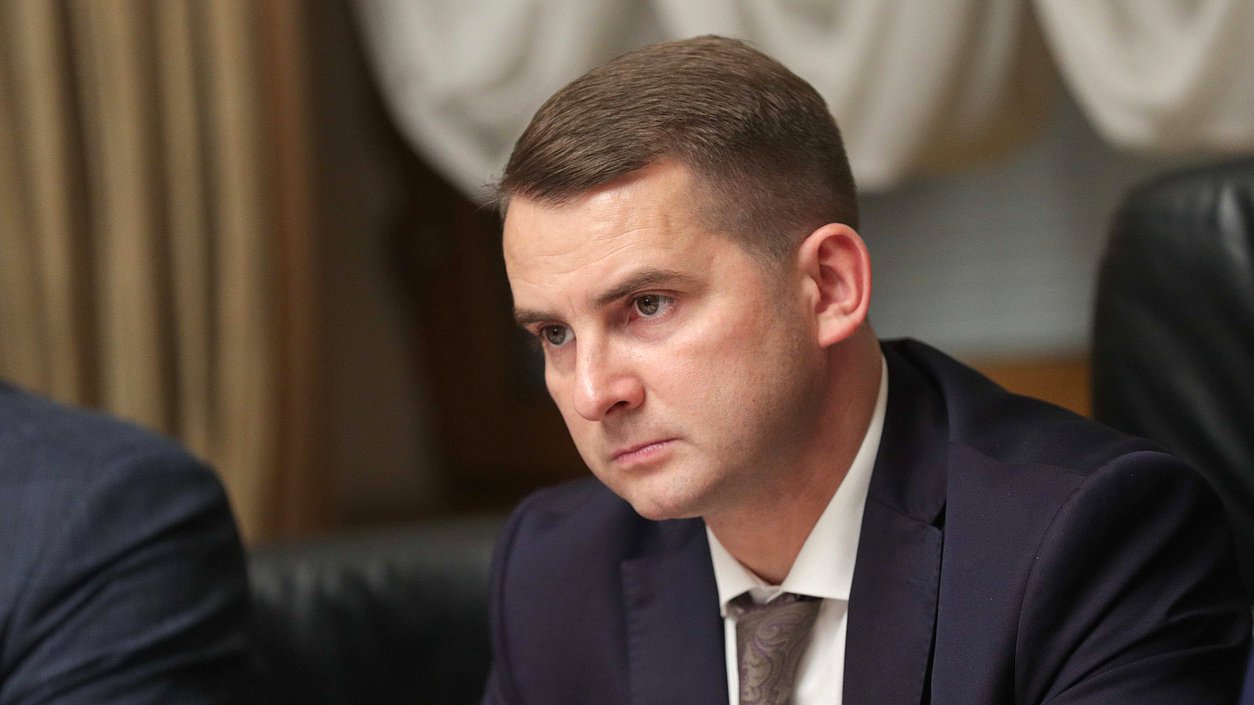
At the Global Social Protection Week in Geneva, Chairman of the Committee on Labor,
Social Policy and Veterans' Affairs Iaroslav Nilov

Yaroslav Evgenievich
spoke about the practical
steps that Russia takes to implement the main provisions of the Convention No.
102.
In Geneva, the traditional Global Social Protection Week, organized by the International Labor Organization, is coming to its end. A large-scale event brought together representatives of executive and legislative branches of more than two hundred countries in Switzerland.
In 2018, the Russian Federation ratified C102 — “Social Security (Minimum Standards) Convention” of the International Labor Organization. “This is a basic document that defines the minimum measures of social protection,” said Iaroslav Nilov in his speech at the plenary session. “According to its Constitution, Russia is a social state. It took us 20 years to ratify the Convention, and the principle of tripartism was fundamental when considering the document. A constant dialogue with trade unions, employers, the government, as well as with other interested parties was established with the direct participation of ILO specialists. Now, after the Convention entered into force, we are talking about, among other things, the replacement rate of at least 40% of lost earnings. And the international obligations undertaken by our country give us reason to believe that the growth of pensions with a focus on the approved replacement rate will be ensured.“
During the speeches, various countries’ practices and the most successful measures of social support were discussed. “For Russia, this ratification is quite a serious milestone, but we need to go further. And we must understand that the social sphere, on the one hand, is the most dynamic and the most resource-intensive. On the other hand, I think that those principles and criteria of need that we started to introduce defining measures of social support for certain categories are correct. However at the same time, there should be no exaggerations by applying these criteria, which could cut off a significant number of people in need with a one-sided or incorrect interpretation,” emphasized Iaroslav Nilov.
The parliamentarian reminded that in our relatively recent history, three Russia can be distinguished — tsarist, Soviet and modern: “For example, today in Russia there are more than 8 thousand long-livers who lived during the times of the Russian Empire, there are those who have lived their entire conscious lives in the USSR, and there is a generation born after 1991. And for all of them, appropriate measures of social support are provided, and the legislative transformation of the social environment continues to this day. All structures involved in this area should strive to fully satisfy the needs for the necessary social support measures of all categories, although it is important to do it without unnecessary upheavals, without revolutions. The insurance principles should work in the country, and the social insurance system should operate in such a way that each person, having been affiliated with a certain social group, knows exactly what kind of help and specific support measures from the state he can count on.“
